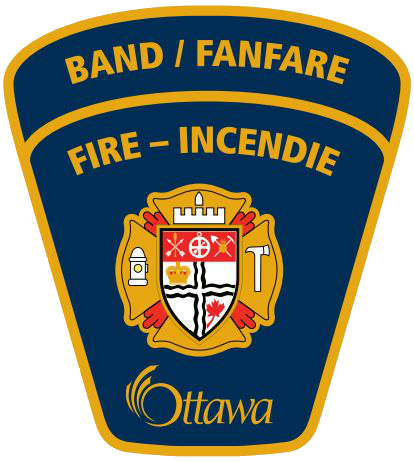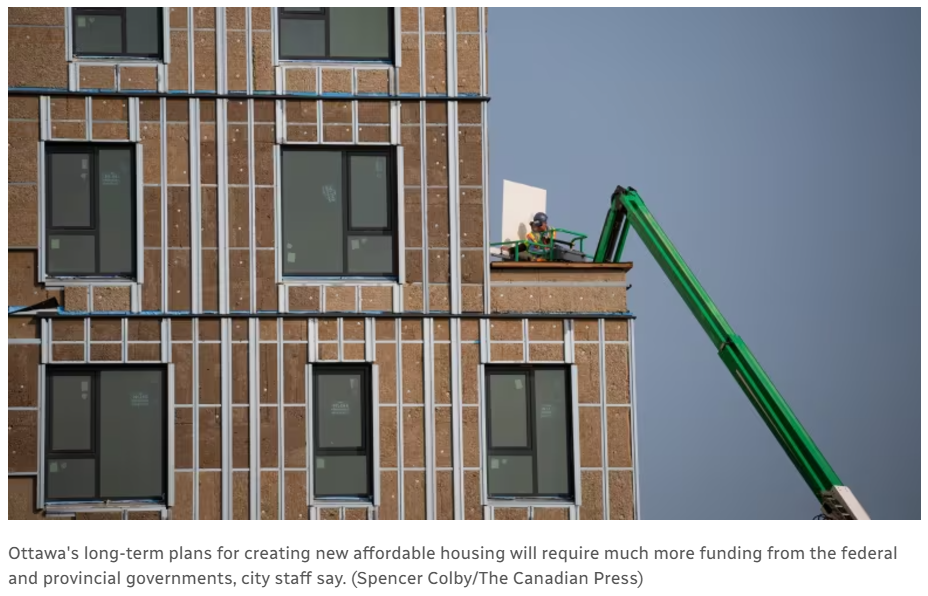Municipal Issues
Learn about four issues that fall under municipal purview: Public transit, fire services, garbage and recycling collection, and the housing crisis.

Background
Approximately 12% of Canadians regularly use public transportation, including commuter trains, subways, light rail, and buses.
The majority of these commuters are served by municipally operated transit agencies, like OC Transpo in Ottawa.
In 2020, there were 218 urban municipalities in Canada that owned public transit assets, with larger municipalities accounting for 80% of the country’s public transit rolling stock.
Why does it matter?
The city of Ottawa is facing a $25.6 million transit deficit for 2024 and a $120 million funding gap in 2025.
The transit system has been significantly impacted by severe revenue shortfalls, largely due to a sharp decline in ridership from the COVID-19 pandemic. OC Transpo and Para Transpo have not seen ridership return to 2019 levels, with the transit service projecting an $85 million deficit this year. As fares increase, some women are forced to walk in unsafe conditions or remain isolated at home. While EquiPass, a monthly adult pass for low-income individuals, remains unaffordable for many.
This matters due to an issue of affordability, economic growth, and is a crucial necessity for not only a city, but the capital city of Canada.
Mayor Sutcliffe's response
During his campaign, Mayor Mark Sutcliffe opposed any plans to eliminate transit fares broadly through increased tax levies. He argued that improving service quality, rather than raising fares, would be key to restoring ridership. As part of his transit plan, Sutcliffe proposed a one-year fare freeze for all riders, which would build on a previously announced freeze for low-income and senior passes. Additionally, he emphasized the need for more transparent and up-to-date data on the system’s performance.
To address the city’s funding shortfalls, Sutcliffe has warned that increases in transit fares and property taxes are possible. However, he remains hopeful that higher levels of government will step up with financial support.
Sutcliffe continues to engage in discussions with both federal and provincial leaders, although no concrete plans have been put forward yet to resolve the funding challenges.
“Having a collective voice is always important and we are really trying to emphasize the impact transit can have on housing, affordability, climate change and on the economy. There are so many benefits from transit so, we are making sure that message comes loud and clear to our federal counterparts,” Sutcliffe stated.
The draft budget meetings for 2025 are scheduled to run from November 4 to December 5, with final approval expected by mid-December.




Open Air Fire Permit
A ban is placed due to environmental conditions, and to ensure public safety.
Depending on where you live, you can see the laws on open air fire.
This is considered based on population density and lot size of where you live.
Fire Prevention, Inspection and Enforcement
You can make a request for a fire inspection, and view service fees.
Check out the Ontario fire code pre inspection guide.
Calculate occupant land.
Fire Safety, Prevention, and Education
Programs and outreach are provided.
Education on alarms and fire extinguishers.
Indoor fire safety.
Family fire safety.
Outdoor fire safety.
Education of what to do after a fire.

Collection Schedule
Green bin and yard waste pickup is weekly, blue bin and black bin alternate each week, and garbage collection is every 2 weeks.
Waste should be put on the curb for collection no earlier than 6pm the evening before collection day, and no later than 7am the morning of collections day.
Find the schedule for your address using Ottawa’s collection calendar.
New Three-item Garbage Limit
This plan limits the amount of garbage items households can put out on collection day. The goal of this is to encourage proper recycling practices and reduce unnecessary waste going to the landfill.
This means households can only put out three garbage items on collection day. Garbage items include a:
- Garbage bag
- Garbage container up to 140 litres
- Bulky item
Any additional garbage items that cannot be recycled must be placed in a City branded yellow bag.
This does not limit or impact how much residents can set out for their recycling or green bins. Before throwing something away, consider if it can be recycled. If so, dispose of it properly to help our environment.



City says it can't meet affordable housing targets without more help
This news article is from November 6th, 2024, published by CBC News. It reports how the city is unable to solve the housing issue and is asking for support.

Ottawa housing market ranked as 'severely unaffordable' in global survey
This CTV News article was published on June 14, 2024. It shows the global survey study conducted by Demographia about affordable housing. Ottawa scored a 5.3, making it “severely unaffordable”.


Canadian Civic Literacy
Municipal System